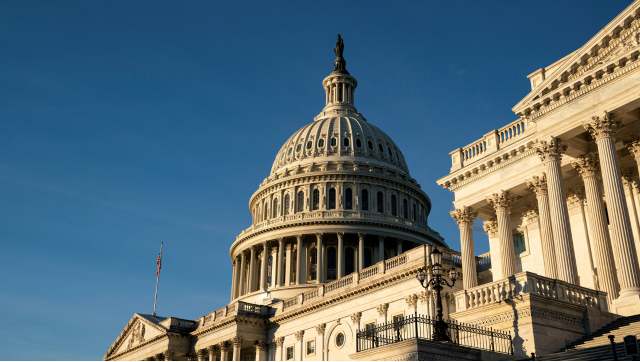Democratic lawmakers in the United States are advocating for a new bill aimed at providing sexual assault survivors with the chance to postpone their student loan payments. According to reports, the proposed legislation, introduced last week, would grant survivors the option to defer payments for up to three years if their ability to attend school was hindered as a result of their traumatic experiences. It’s worth noting that a similar bill was introduced last year but failed to secure passage. Representatives Madeleine Dean, Ayanna Pressley, and Senator John Fetterman, along with eight other Democrats, introduced HR 5588, just days before the resumption of student loan payments on October 1. Fetterman, who supported the Student Loan Deferment for Sex-Based Harassment Survivors Act, spoke about his own time away from the Senate earlier this year when he received treatment for clinical depression. He stated, “Seeking help allowed me to be the father and husband I aspire to be, and the Senator that Pennsylvania deserves. I strongly urge anyone facing challenges or in crisis to seek help, and extending this opportunity to our students is the right thing to do. This legislation will enable students to prioritize their mental well-being without the added burden of student loan payments.” The proposed bill would also broaden the definition of sexual violence to include “sex-based harassment,” making it possible for more survivors to access this assistance. Several national organizations, including the Rape, Abuse & Incest National Network and the YWCA, have already given their support to the bill. An earlier version of the bill was introduced last summer but did not progress beyond the House. As the October deadline for the resumption of federal student loan payments approaches, Democratic lawmakers are exploring ways to ease the financial strain on borrowers. Recently, six Democrats, including Senator Elizabeth Warren, criticized the student loan servicer MOHELA for its slow handling of documents, which could force certain borrowers to repay loans they should not have to. Meanwhile, the Biden administration is taking steps to rectify overcharges on student loans for various borrowers. Furthermore, President Joe Biden continues to work towards widespread student debt forgiveness after his initial plan to forgive up to $20,000 per borrower was rejected by the Supreme Court.
Several national organizations, including the Rape, Abuse & Incest National Network and the YWCA, have already given their support to the bill. An earlier version of the bill was introduced last summer but did not progress beyond the House
Advertisement
End of Article


)

)
)
)
)
)
)
)
)



